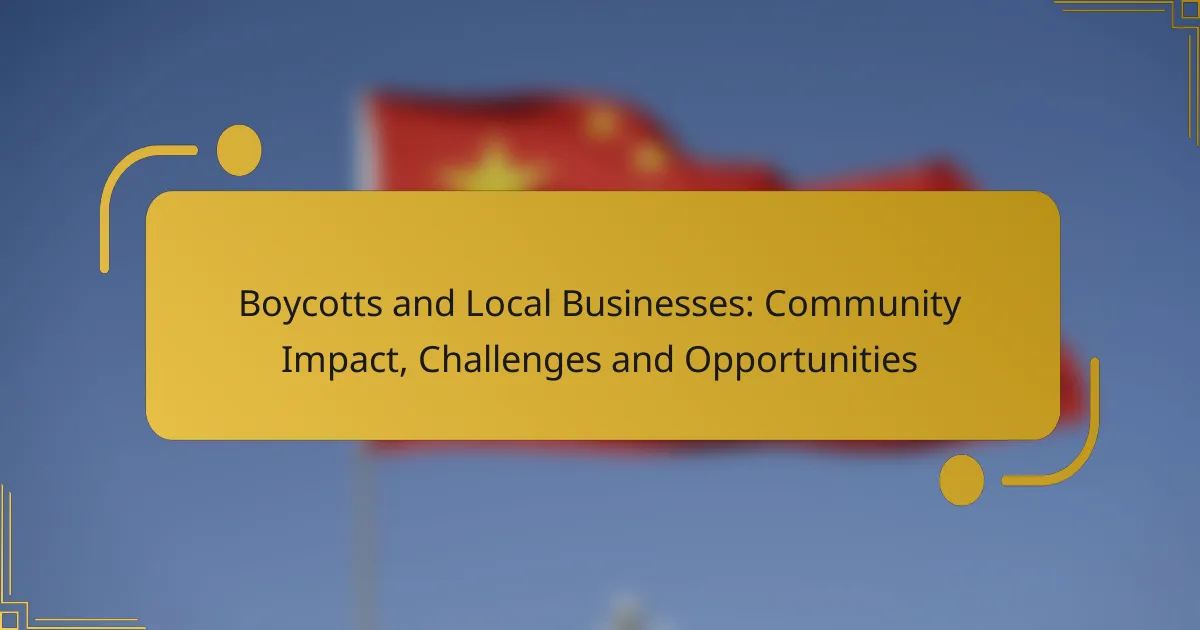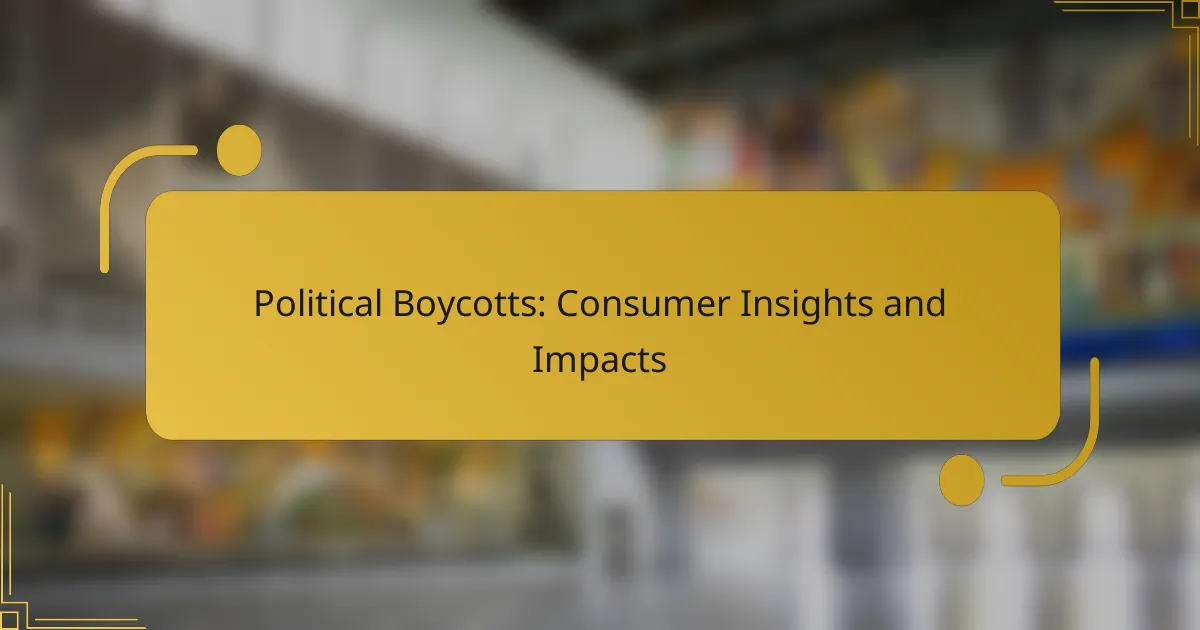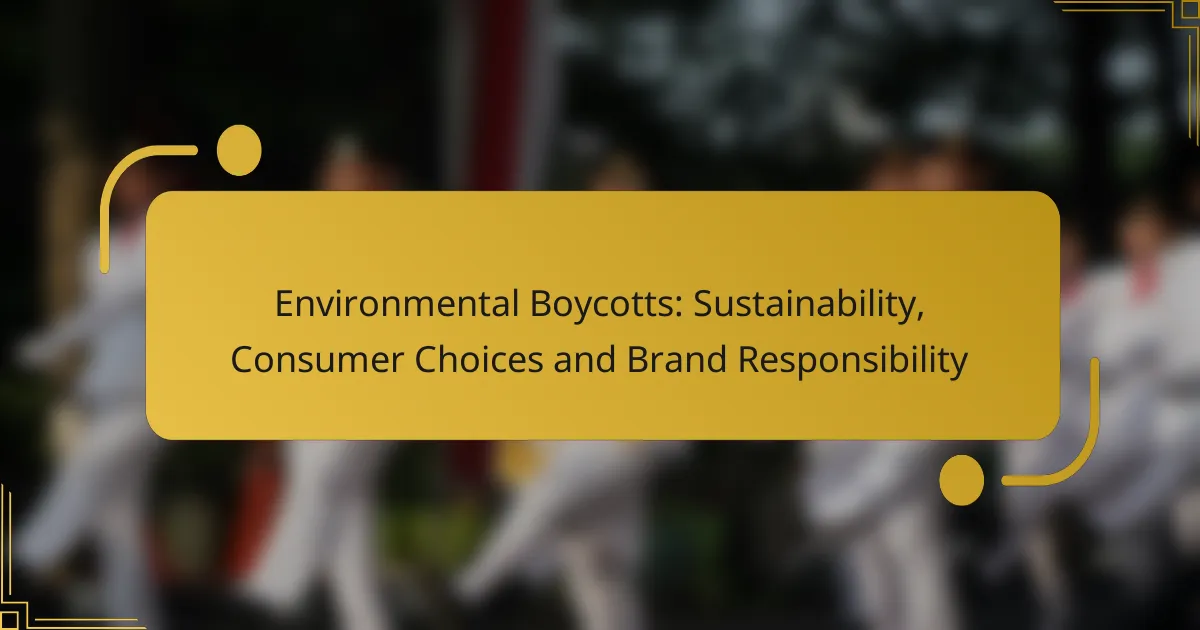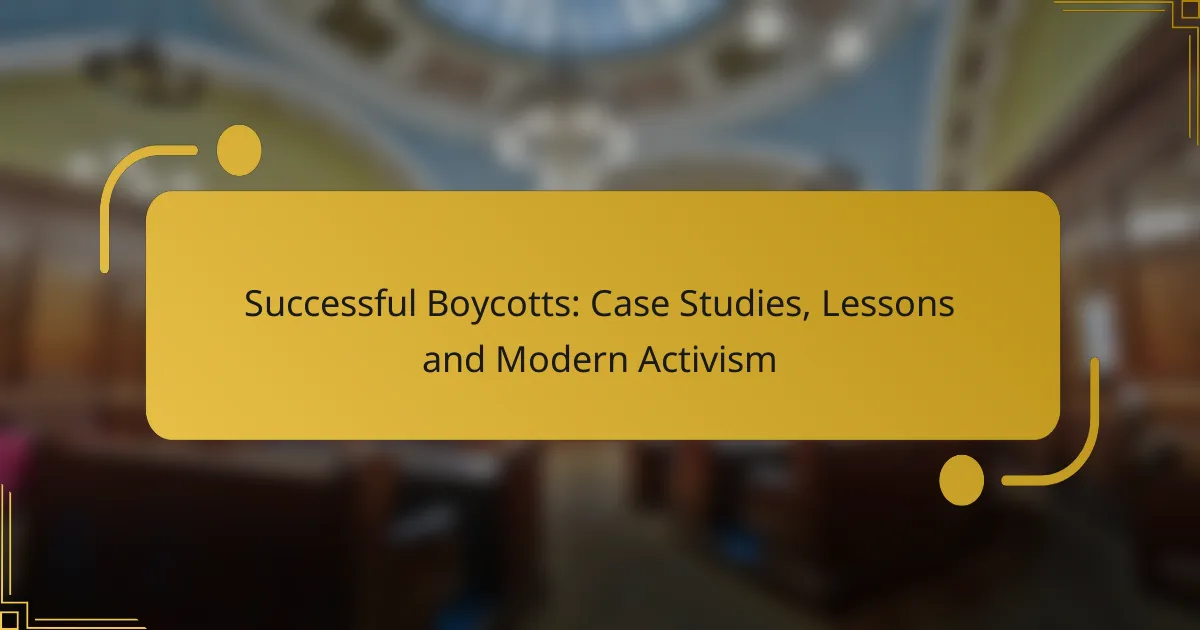Boycotts can profoundly affect local businesses, leading to revenue loss and shifts in customer loyalty while also highlighting divisions within the community. While these situations present significant challenges, such as supply chain disruptions and negative publicity, they also offer unique opportunities for businesses to realign with community values and enhance their support initiatives. By navigating these dynamics effectively, local enterprises can emerge stronger and more connected to their customers.
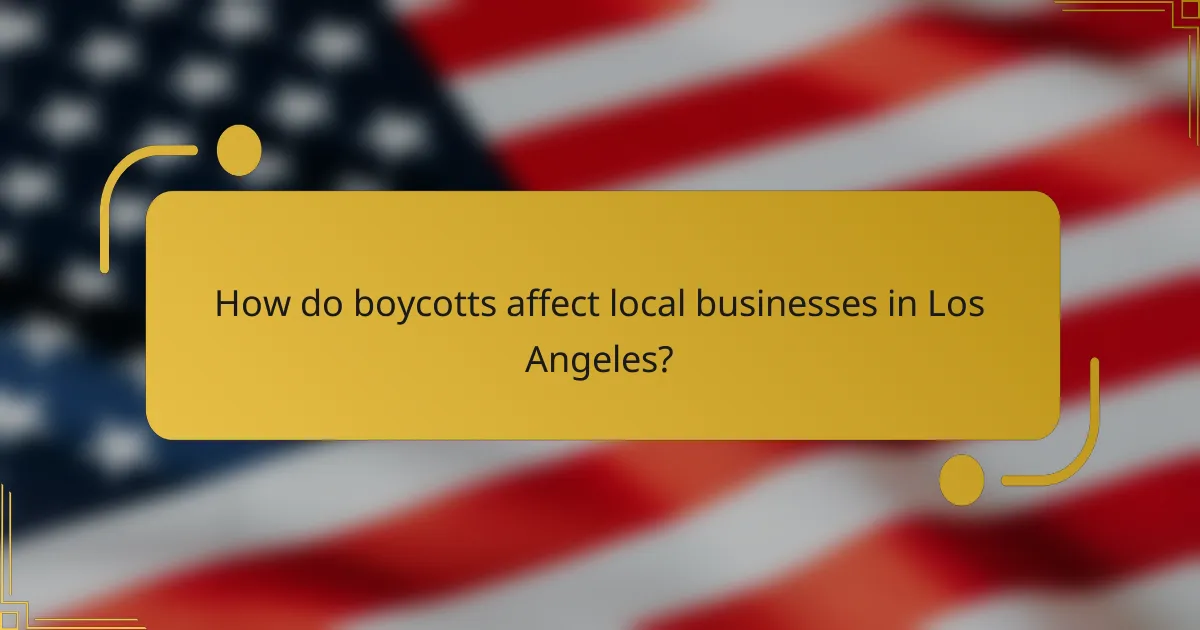
How do boycotts affect local businesses in Los Angeles?
Boycotts can significantly impact local businesses in Los Angeles by causing revenue loss, altering customer loyalty, and creating divisions within the community. These effects can vary based on the nature of the boycott and the businesses involved.
Revenue decline
Local businesses often experience a sharp decline in revenue during a boycott, particularly if they are directly targeted. This can lead to financial strain, with some businesses facing losses that may reach tens of percent of their usual income.
For example, a restaurant that relies heavily on local clientele may see a drop in patronage, leading to reduced cash flow and potential layoffs. Businesses may need to adapt quickly by adjusting their marketing strategies or offering promotions to regain lost customers.
Customer loyalty shifts
Boycotts can lead to shifts in customer loyalty, as consumers may choose to support alternative businesses that align with their values. This shift can be particularly pronounced in a diverse city like Los Angeles, where community values can vary widely.
For instance, if a local shop is boycotted due to perceived unethical practices, customers may flock to competitors who promote ethical sourcing or community engagement. Businesses must be aware of these changes and consider how to rebuild trust with their existing customer base.
Community division
Boycotts can create divisions within the community, as differing opinions on the boycott can lead to conflict among residents. This division may manifest in social media disputes, protests, or even physical confrontations outside targeted businesses.
Local businesses caught in the middle may find themselves facing backlash from one side while trying to appease the other. Engaging in open dialogue and community outreach can be essential for businesses to navigate these challenges and foster a more united community atmosphere.
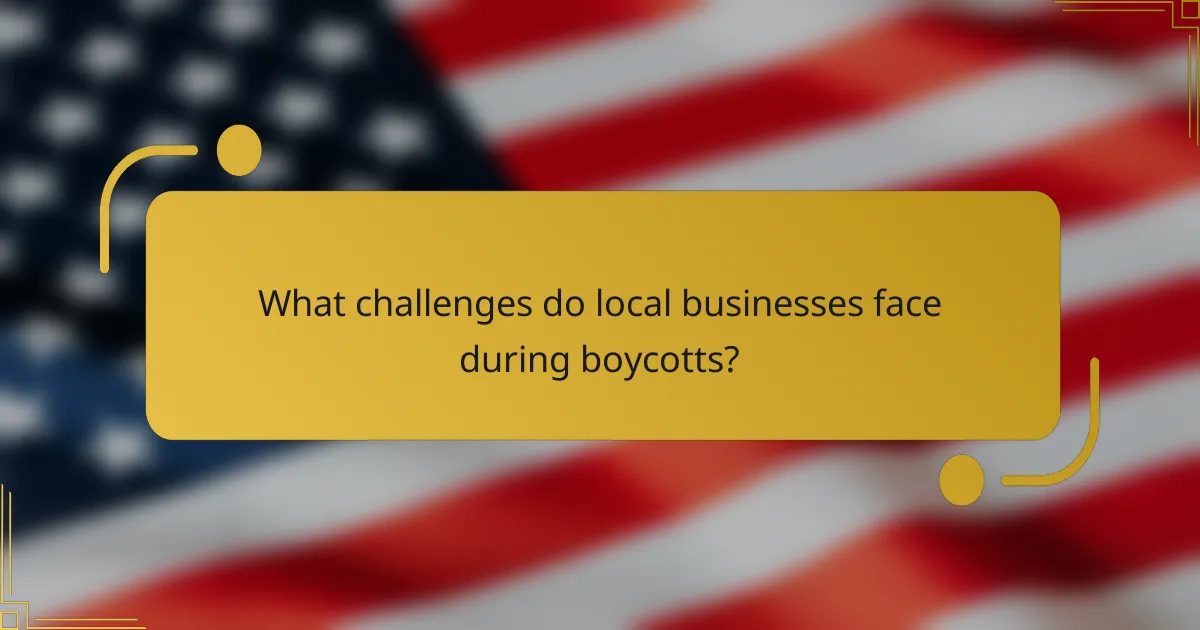
What challenges do local businesses face during boycotts?
Local businesses often encounter significant challenges during boycotts, including disruptions in their supply chains, increased operational costs, and negative media coverage. These factors can strain resources and impact overall profitability, making it crucial for businesses to navigate these hurdles effectively.
Supply chain disruptions
During a boycott, local businesses may experience supply chain disruptions as suppliers and distributors react to changing consumer sentiments. This can lead to delays in receiving essential goods, which may force businesses to seek alternative sources, often at higher costs.
For example, a local restaurant relying on specific ingredients may find its usual suppliers unwilling to deliver due to the boycott. This situation can result in menu changes or increased prices, potentially alienating customers further.
Increased operational costs
Boycotts can lead to increased operational costs for local businesses as they may need to implement new marketing strategies or adjust their pricing structures to retain customers. Additionally, businesses might incur higher expenses in sourcing alternative products or materials.
For instance, a local retailer might have to pay more for locally sourced items if their usual imports are disrupted. This increase in costs can squeeze profit margins, making it essential for businesses to carefully manage their finances during such periods.
Negative media coverage
Negative media coverage can significantly impact local businesses during boycotts, as unfavorable press can deter customers and damage reputations. Businesses may find themselves in the spotlight for their association with the issues prompting the boycott, regardless of their actual stance.
To mitigate this, businesses should proactively engage with their communities and clarify their positions. Transparency and open communication can help rebuild trust and potentially turn negative narratives into opportunities for positive engagement.
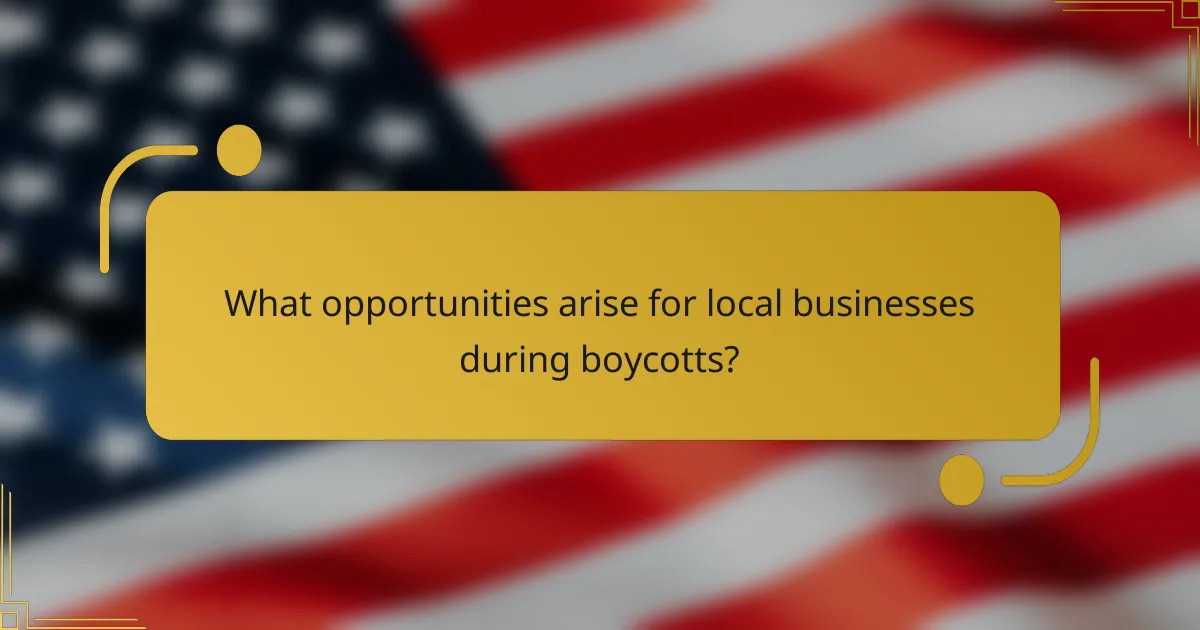
What opportunities arise for local businesses during boycotts?
Local businesses can find unique opportunities during boycotts by adapting their strategies to meet community needs and values. These opportunities often involve brand repositioning, enhancing community support initiatives, and engaging in collaborative marketing efforts.
Brand repositioning
Boycotts can prompt local businesses to reevaluate their brand identity and messaging. By aligning their values with those of the community, businesses can attract customers who prioritize ethical consumption. For instance, a local café might emphasize sustainable sourcing and fair trade practices to resonate with socially conscious consumers.
Consider creating marketing materials that highlight your commitment to community values. This could include testimonials from local customers or partnerships with local charities. A strong repositioning strategy can lead to increased loyalty and customer retention during challenging times.
Community support initiatives
During a boycott, local businesses have the chance to strengthen their ties with the community through support initiatives. This could involve donating a portion of sales to local causes or hosting events that raise awareness for social issues. Such actions can enhance a business’s reputation and foster goodwill among customers.
Engaging in community support can also attract new customers who appreciate businesses that give back. For example, a local bookstore might host readings or discussions on relevant social topics, creating a space for community dialogue while boosting foot traffic.
Collaborative marketing efforts
Local businesses can leverage boycotts to form alliances with other businesses facing similar challenges. Collaborative marketing efforts, such as joint promotions or shared events, can amplify visibility and reduce marketing costs. For instance, a group of local restaurants might offer a “support local” week with discounts for customers who visit multiple establishments.
Consider creating a shared marketing campaign that highlights the benefits of supporting local businesses during a boycott. This could include social media collaborations or community events that showcase local products and services, ultimately driving traffic to all participating businesses.
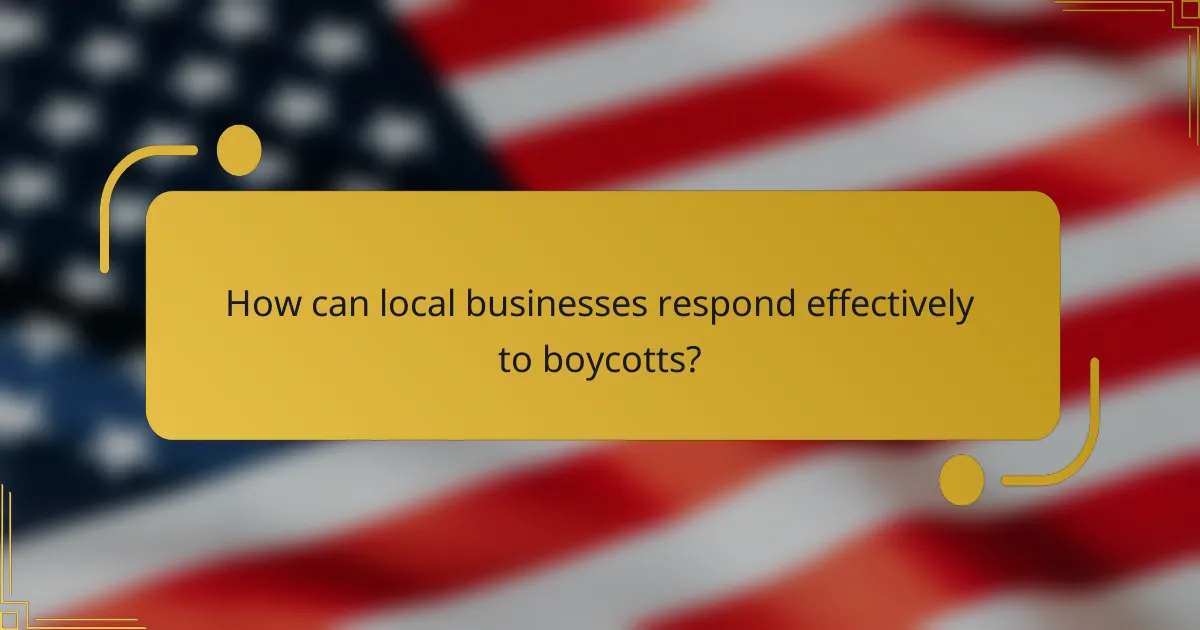
How can local businesses respond effectively to boycotts?
Local businesses can respond to boycotts by actively engaging with their community, maintaining transparent communication, and adapting their business practices to align with customer values. These strategies help rebuild trust and foster loyalty among consumers.
Engaging with the community
Engaging with the community involves listening to customer concerns and demonstrating a commitment to addressing them. Businesses can host forums, surveys, or social media discussions to gather feedback and show that they value community input.
Additionally, partnering with local organizations or charities can enhance a business’s reputation and demonstrate social responsibility. For example, a restaurant might collaborate with a local food bank, which can help shift public perception positively.
Transparent communication strategies
Transparent communication is crucial during a boycott. Businesses should clearly articulate their stance on the issues at hand and outline specific actions they are taking to address customer concerns. Regular updates through social media, newsletters, or community meetings can keep customers informed and engaged.
It’s essential to avoid vague statements; instead, provide concrete examples of changes being implemented. For instance, if a business is changing its sourcing practices, detailing the new suppliers can enhance credibility.
Adapting business practices
Adapting business practices may involve revising policies, improving product offerings, or changing operational methods to align with community values. This could mean implementing sustainable practices or ensuring fair labor conditions in the supply chain.
Businesses should assess their current practices critically and be willing to make necessary changes. For example, a clothing store might shift to using ethically sourced materials to appeal to socially conscious consumers. Regularly reviewing these practices ensures they remain relevant and responsive to community expectations.
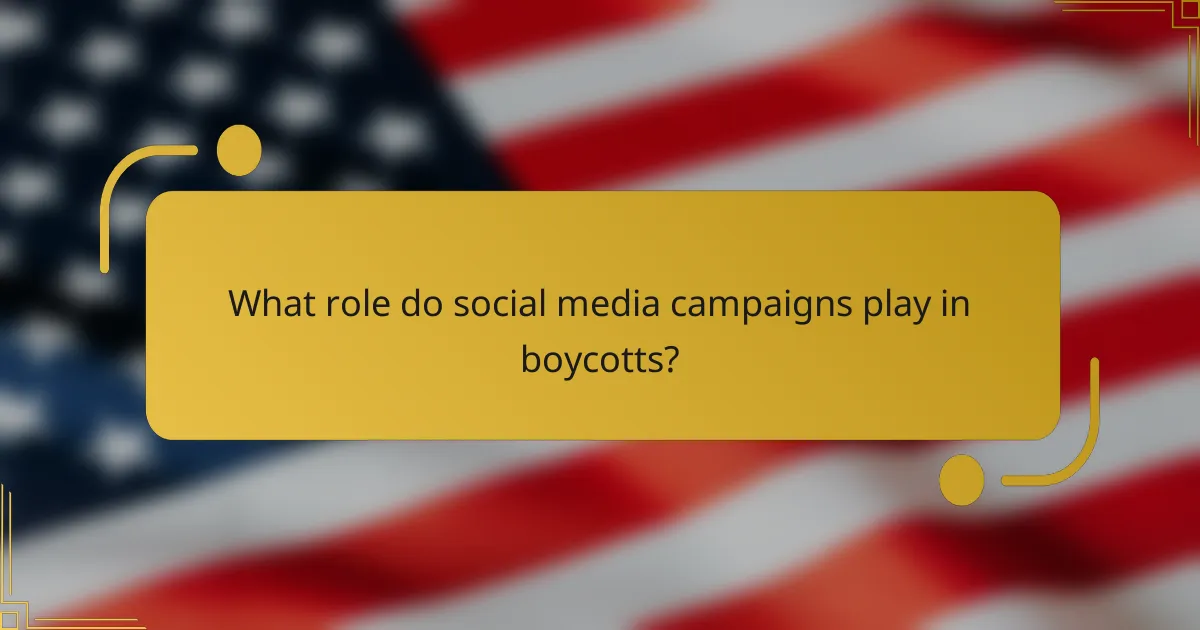
What role do social media campaigns play in boycotts?
Social media campaigns are crucial in organizing and promoting boycotts, as they enable rapid dissemination of information and mobilization of supporters. These platforms facilitate communication, allowing communities to unite against businesses or practices they oppose.
Amplifying messages
Social media serves as a powerful tool for amplifying messages related to boycotts. Through shares, retweets, and hashtags, information can reach a wide audience quickly, increasing awareness and engagement. For instance, a single tweet can spark a movement, drawing attention to specific issues and encouraging others to participate.
Effective messaging often includes clear calls to action, visuals, and personal stories that resonate with potential supporters. Utilizing trending hashtags can further enhance visibility and connect with broader conversations.
Mobilizing community action
Social media campaigns can mobilize community action by organizing events, such as protests or local meetings. Platforms like Facebook and Instagram allow users to create events and invite others, fostering a sense of community and urgency. This collective action can significantly impact local businesses and draw media attention.
To maximize participation, campaigns should provide clear information on how individuals can get involved, whether through attending events, sharing content, or supporting alternative businesses. Engaging local influencers can also help rally support and increase turnout.
Influencing public perception
Social media campaigns can shape public perception by framing narratives around boycotts. By highlighting the reasons behind a boycott and sharing testimonials, campaigns can create a compelling case that resonates with the public. This can lead to increased scrutiny of the targeted business and pressure for change.
It’s essential to maintain transparency and authenticity in messaging to build trust with supporters. Negative publicity can also backfire, so campaigns should be mindful of their tone and approach to avoid alienating potential allies.
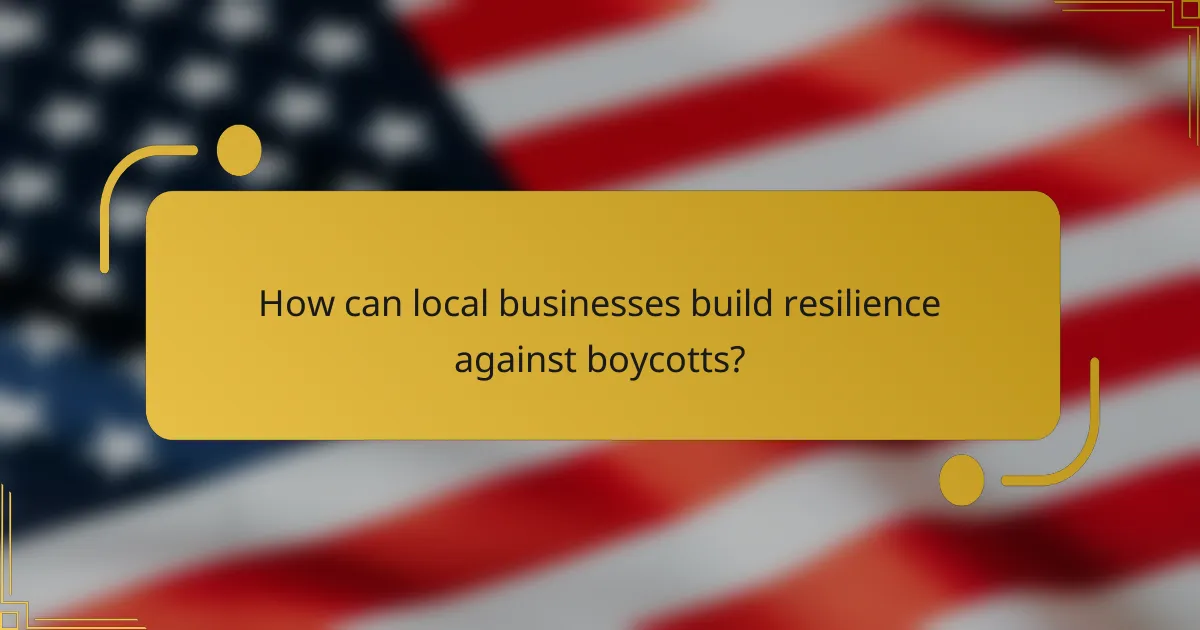
How can local businesses build resilience against boycotts?
Local businesses can build resilience against boycotts by fostering strong community ties, diversifying their customer base, and maintaining transparent communication. These strategies help mitigate the impact of potential boycotts and enhance overall business stability.
Strengthening community relationships
Building strong relationships with the local community is essential for local businesses. Engaging in community events, supporting local causes, and collaborating with other businesses can create a loyal customer base that is less likely to participate in boycotts. For example, sponsoring local sports teams or hosting charity events can enhance visibility and goodwill.
Additionally, businesses should actively seek feedback from their customers to understand their needs and concerns. This two-way communication fosters trust and can help identify potential issues before they escalate into boycotts.
Diversifying customer base
Diversifying the customer base can significantly reduce the risk associated with boycotts. Businesses should aim to attract a wide range of customers from different demographics and backgrounds. This can be achieved through targeted marketing strategies, such as offering promotions that appeal to various groups or expanding product lines to meet diverse preferences.
For instance, a local café might introduce menu items catering to different dietary needs, such as vegan or gluten-free options, to attract a broader audience. This approach not only increases sales but also builds a more resilient business model.
Maintaining transparent communication
Transparent communication is crucial for local businesses facing potential boycotts. Keeping customers informed about business practices, values, and any changes can help mitigate misunderstandings that may lead to boycotts. Regular updates through social media, newsletters, or community meetings can foster a sense of inclusion and trust.
Moreover, if a boycott is initiated, businesses should address the concerns directly and openly. Acknowledging issues and demonstrating a willingness to adapt can turn a negative situation into an opportunity for growth and improvement.
